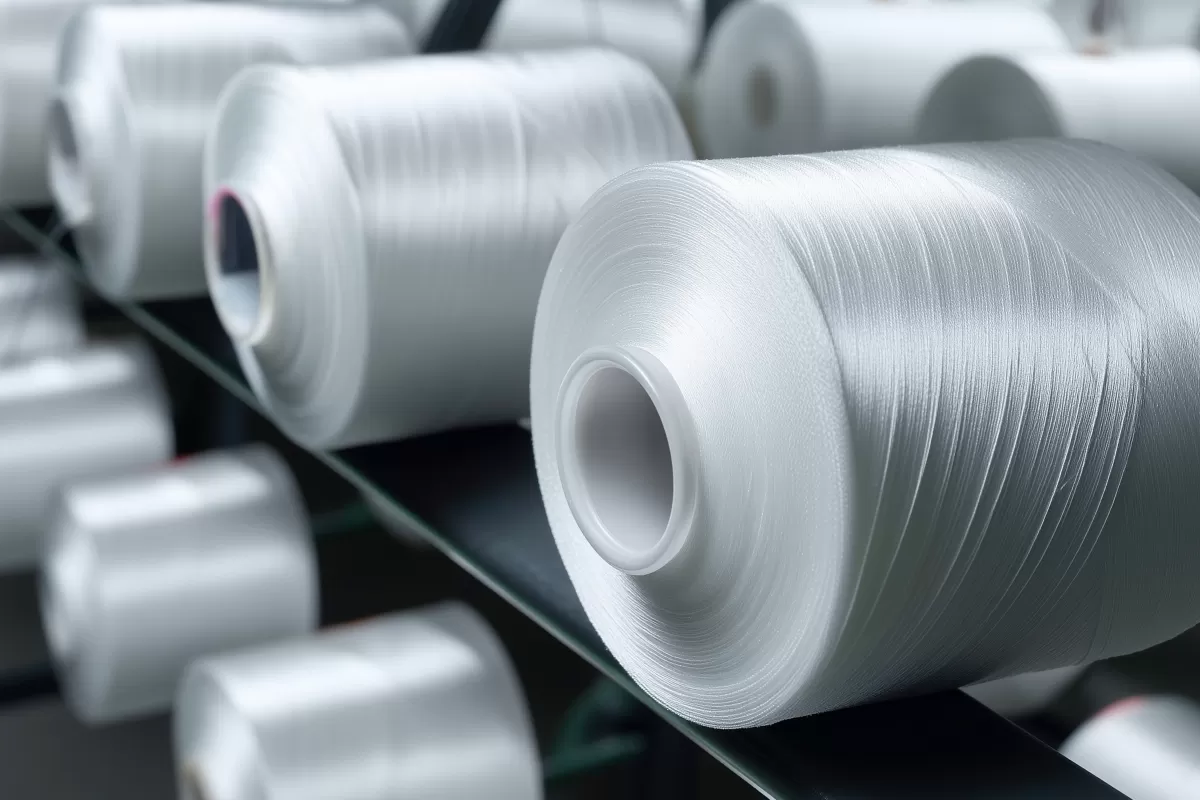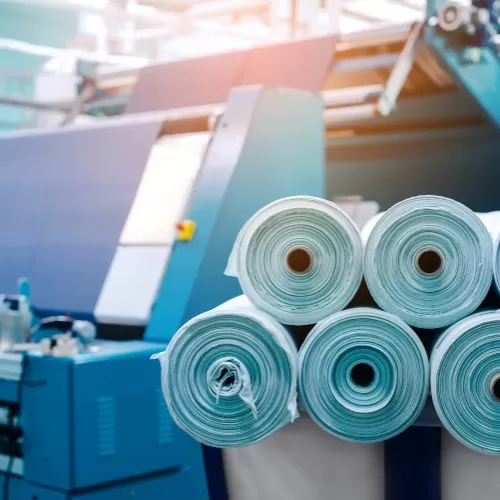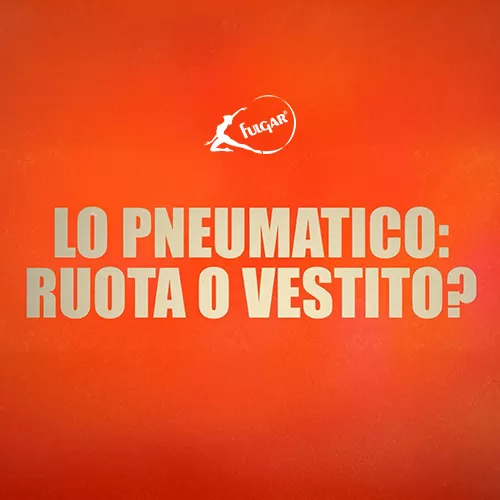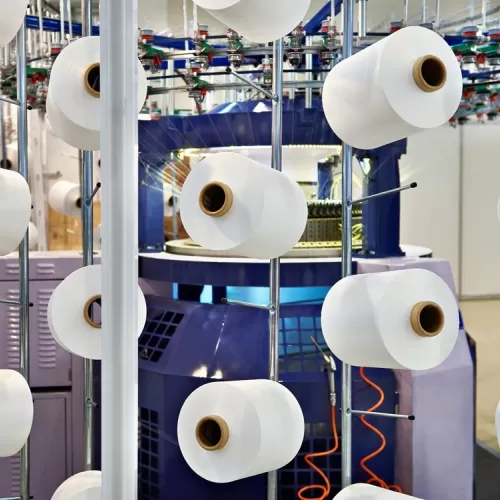14 Jul 2025
Textile certifications: an added value for manufacturers
Guide to yarn sustainability certifications: quality, transparency, and safety for the textile industry
In the textile industry, the demand for high-quality, sustainable yarns is constantly growing. Brands and manufacturers are called upon to meet not only the aesthetic and functional needs of consumers but also to ensure transparency and safety throughout the entire production chain. Textile certifications are now a key tool for proving compliance with quality standards, environmental sustainability, and user safety. Choosing certified yarns is a concrete commitment to responsible practices and a way to strengthen market trust.
Why choosing certified yarns is essential for textile brands
In the fashion and textile sector, yarn certifications are no longer optional—they are an essential requirement. Selecting certified yarns primarily ensures the use of safe materials for consumers’ health, free from harmful substances and traceable throughout the entire supply chain.
These certifications not only guarantee consistent quality for manufacturers but also provide significant benefits in reducing the risk of regulatory non-compliance. As a result, a brand’s reputation is significantly enhanced—a crucial factor in an increasingly conscious and informed market.
Additionally, communicating a credible and transparent commitment to yarn sustainability allows brands to stand out from the competition. Consumers today are far more aware and inclined toward responsible choices, and certifications offer tangible proof of a circular and environmentally respectful production approach. This not only meets their expectations but also helps build lasting trust.
Key certifications for yarns and textile products
Navigating the world of textile certifications can seem complex, but understanding the most important ones is critical for industry professionals. Each certification addresses specific needs—from consumer safety to environmental sustainability—ensuring transparency and reliability throughout the supply chain. Below is a list of the most relevant certifications that guarantee the traceability and sustainability of yarns and textile products, offering clear guidance for informed producers and consumers:
OEKO-TEX® STANDARD 100
What it is: OEKO-TEX® STANDARD 100 is an independent, globally recognized certification standard for textile products, covering everything from raw materials to finished items. It certifies that every component of the textile item (yarns, buttons, accessories, etc.) has been tested for harmful substances and is safe for human health.
What it tests: hundreds of parameters are tested, including heavy metals, azo dyes, phthalates, pesticides, and formaldehyde. Tolerance limits are stricter the closer the product is to the skin and the more sensitive the user category (e.g., infants).
Why it matters: it gives consumers confidence that the textile products they buy are free from potentially harmful chemicals. For manufacturers, it serves as an essential export passport and meets growing demands for material safety. It is widely used and recognized in Europe as a guarantee of textile chemical safety.
Global Recycled Standard (GRS)
What it is: the Global Recycled Standard (GRS) is an international, voluntary standard setting requirements for third-party certification of recycled material content in a product, along with responsible environmental and social practices throughout the entire supply chain.
What it verifies:
- Recycled content: requires a minimum of 20% recycled material (pre-consumer or post-consumer) in the final product (50% minimum for public labeling).
- Chain of custody: ensures recycled materials are traceable and verifiable at every production stage.
- Environmental criteria: includes wastewater management, energy consumption, waste management, and chemical use.
- Social criteria: requires fair labor standards, including working hours, occupational health and safety, non-discrimination, and prohibition of child labor.
Why it matters: it promotes a circular economy and gives brands a credible way to communicate their use of recycled materials and commitment to sustainable practices. It is widely recognized and demanded by European companies to verify supply chain sustainability.
Recycled Claim Standard (RCS)
What it is: similar to the GRS, the Recycled Claim Standard (RCS) is an international standard verifying the percentage of recycled material (pre-consumer and post-consumer) in a final product. It is less stringent than GRS, focusing mainly on recycled content and traceability.
What it verifies:
- Recycled content: requires a minimum of 5% recycled content. Two labels exist: RCS 100 (≥ 95% recycled) and RCS Blended (5% ≤ x < 95% recycled).
- Chain of custody: ensures traceability of recycled materials through the supply chain, from recovery to final product.
Why it matters: it's an excellent starting point for companies aiming to demonstrate their use of recycled materials, providing third-party verification of recycling claims. It is also used in Europe as a basis for recycled content declarations.
ISCC (International Sustainability and Carbon Certification)
What it is: the International Sustainability and Carbon Certification (ISCC) is a global certification system applicable to all sustainable raw materials, including agricultural and forestry feedstocks (biomass), biogenic waste and residues, circular materials, and renewables.
What it verifies: focuses on raw material sustainability and traceability throughout the supply chain. Criteria include:
- Environmental sustainability: reduction of greenhouse gas emissions, sustainable land use, biodiversity and water protection.
- Social sustainability: fair working conditions, respect for human rights.
- Traceability: ensures the sustainable origin of raw materials and their traceability through the supply chain.
Why it matters: it is particularly relevant for innovative yarns made from biopolymers, bio-based sources, or circular processes, as it covers a wide range of sustainable feedstocks. ISCC EU is recognized and aligned with European directives on promoting renewable energy and biofuel sustainability, extending also to the chemical and textile sectors.
EU ECOLABEL (European Union Ecolabel)
What it is: the EU ECOLABEL is the European Union’s voluntary environmental excellence label, recognized in all 27 EU member states as well as Norway, Liechtenstein, and Iceland. It is the EU’s main and most authoritative environmental certification, managed by the European Commission. It applies to a wide range of products and services, including textiles.
What it verifies: assesses the overall environmental impact of a product throughout its entire life cycle (“from cradle to grave”): from raw material selection, production, and use to final disposal. Criteria are rigorous and based on scientific evidence.
Why it matters: it offers European consumers reliable assurance that products have a reduced environmental impact. For companies, it is a strong differentiator in the European market and can facilitate access to public tenders favoring eco-friendly products.
LCA (Life Cycle Assessment)
What it is: not a certification per se, but a standardized methodology (ISO 14040 and ISO 14044) for assessing the environmental impacts of a product, process, or service throughout its entire life cycle. LCA is the scientific foundation for developing many environmental policies and labeling schemes in Europe, including the EU Ecolabel.
What it analyzes: quantitatively examines inputs (energy, raw materials) and outputs (air and water emissions, waste) associated with all life cycle stages, from raw material extraction to production, distribution, use, and disposal/recycling.
Why it matters: LCA’s importance lies in its ability to provide objective, science-based data on a product’s environmental impact. It is essential for making informed decisions, identifying environmental "hot spots" in the supply chain, and choosing products with the lowest environmental impact. It also supports eco-design decisions and enables credible sustainability communication through LCA-based environmental labels.
DIN CERTCO
What it is: a German certification body, part of the TÜV Rheinland group, offering various certifications for products, services, and management systems. In the textile context, it is particularly relevant for certifying compostable or biodegradable materials and bio-based products.
What it verifies: for yarns, it certifies that materials are compatible with industrial composting processes or are biodegradable in specific environments (e.g., soil, water). For bio-based products, it certifies the percentage of bio-based content, measured with specific standards (e.g., ASTM D6866 or ISO 16620).
Why it matters: for manufacturers developing yarns with innovative polymers (e.g., PLA, PHA) aiming for more sustainable end-of-life solutions or reduced dependence on fossil fuels, this certification offers critical third-party verification.
These certifications form a fundamental pillar for building a more responsible and transparent textile supply chain, guiding the industry toward a future of higher quality and sustainability.
Obtaining textile certifications: challenges, benefits, and fulgar’s strategic commitment
Obtaining textile certifications is not an easy path. It requires significant investment in resources—time, money, and dedicated personnel—as well as full transparency throughout the supply chain and the ability to adapt production processes to high standards. Despite this complexity, the resulting benefits—a stronger reputation, access to new markets, increased consumer trust, and a marked reduction in risks—make this effort a strategic investment rather than a superfluous expense. Many companies now consider it a fundamental prerequisite for successfully operating in the modern textile sector.
For Fulgar, these certifications are not just milestones but a cornerstone of its philosophy and way of doing business. The company’s commitment to environmental respect and yarn quality is reflected in its constant pursuit of innovative, sustainable solutions certified to the most rigorous international standards. Fulgar believes that transparency and environmental responsibility are essential values for building a more responsible future in the textile sector.
Contact Fulgar to learn how to integrate certified, sustainable yarns into your textile projects, ensuring quality, safety, and environmental respect.





